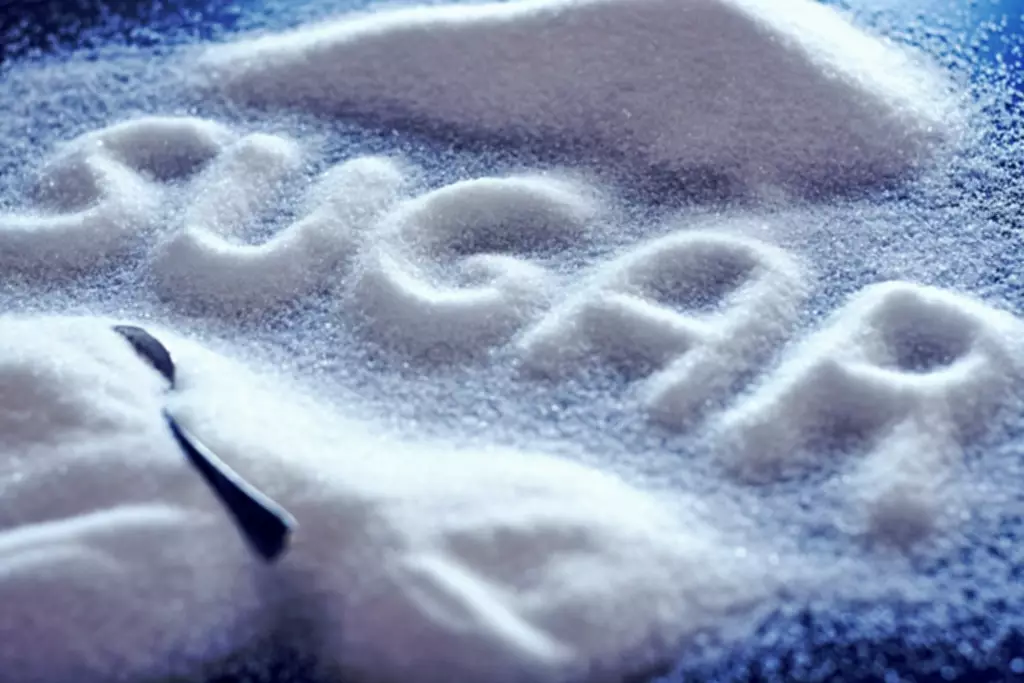Content
Diabetes is a chronic health condition that affects how your body turns food into energy. Most of the food you eat is broken down into sugar (glucose) and released into your bloodstream. When your blood sugar levels rise, your pancreas releases insulin, allowing the blood sugar to be used by cells as energy.
Does drinking alcohol affect diabetes blood sugar?
Substances form when alcohol breaks down in the liver. These substances block the liver from making new glucose. Blood sugars fall and you can quickly become too low. Drinking can affect your blood sugar for up to 12 hours.
When you drink alcohol daily or consume alcohol once in a while, the outward effects are similar to low blood sugar. It can be difficult to diagnose diabetes and alcohol an alcohol use disorder in someone struggling with alcohol and diabetes. For many people, having a drink or two is part of their daily routine.
How we reviewed this article:
You should also consider wearing a medical alert piece of jewelry that says you have diabetes or drinking with friends who are aware of your condition in case something goes wrong. Isabel Casimiro, MD, PhD, is an endocrinologist at the University of Chicago in Illinois. As a physician-scientist in molecular biology, she uses her research on diabetes, lipid disorders, cardiovascular function, and more to provide comprehensive care to her patients. Her research findings have been published in several scientific and medical journals, including Cell Metabolism and the Journal of the Endocrine Society. Dr. Casimiro also has extensive experience providing gender-affirming hormone therapy and improving education regarding transgender medicine for endocrinology fellows. Her work with transgender patients has been published in the Journal of the Endocrine Society and Transgender Health.
Can Type 2 diabetics drink alcohol?
The safest approach to drinking alcohol if you have type 2 diabetes is to drink in moderation, choose beverages that are low in sugar and carbs, never drink on an empty stomach, and keep close tabs on your blood sugar levels before, during, and after drinking. American Diabetes Association.
When shopping for your groceries, be sure to buy organic and non-GMO foods. Milk has natural sugars, called lactose, which can raise blood sugar levels. Just like whole grains, cow milk can trigger the immune system and https://ecosoberhouse.com/article/fetal-alcohol-syndrome-overview/ cause inflammation. Sheep and goat’s milk are a better alternative as they have lower levels of lactose. Aside from avoiding alcohol, there are some home remedies that you can do to help lower your blood sugar levels.
Our Treatment Programs
The participants did not have diabetes, cardiovascular diseases or cancer at the time of study enrollment. People who reduced their alcohol consumption due to illness, doctor’s advice or pregnancy were excluded from the study. The average age of participants was about 56 years, slightly more than half of the adults were women and 95% were white adults.

Drinking while taking one or more of these medications may cause them to work less effectively and cause side effects such as nausea and vomiting. In time, however, the body becomes unable to produce enough insulin. This can lead to complications similar to those of type 1, where the body produces either very little or no insulin. Beverages such as beer and wine can have an alcohol content of 2–20%. Some medications are not suitable for use alongside alcohol consumption.
How much is considered one drink?
Your body processes alcohol differently than most foods and beverages. And if you have type 2 diabetes, drinking alcohol may have some benefits—such as lowering glucose levels in the blood—and some real risks, like driving glucose levels down too low. Because of the effects alcohol can have on blood sugar control and other aspects of the disease, you face certain risks by drinking alcohol if you have type 2 diabetes that otherwise healthy people may not. It addresses some of the risks as well as some of the benefits of drinking alcohol when you have type 2 diabetes. It also provides guidelines for how to safely include alcohol in a type 2 diabetes diet (if you so choose). Drinking alcohol may affect your blood sugar levels, interact with diabetes medications, and contribute to complications.
Dr. Casimiro also serves on graduate and medical school program committees and is a clinical instructor at the University of Chicago. Dr. Casimiro received her PhD in biomedical research from the Albert Einstein College of Medicine and her medical degree from the University of Washington. She completed her internal medicine residency and endocrinology fellowship through the Physician Scientist Development Program at the University of Chicago. Drinking alcohol does not cause stomach ulcers, but it–like other factors like stress, smoking, and eating spicy foods–can make ulcer symptoms worse.
Can I Drink Alcohol If I Have Type 2 Diabetes?
Always wear a medical alert piece of jewelry that says you have diabetes. And in an emergency glucagon may not work so tell people to call 911 (your liver is busy filtering alcohol so the glucagon may not work). Normally, the liver releases glucose to maintain blood sugar levels. But when you drink alcohol, the liver is busy breaking the alcohol down, so it does a poor job of releasing glucose into the bloodstream. This can lead to a drop in blood sugar levels if you are drinking alcohol on an empty stomach. If you are managing your diabetes with diet and exercise alone, drinking alcohol can stil increase your risk of low blood sugars.

